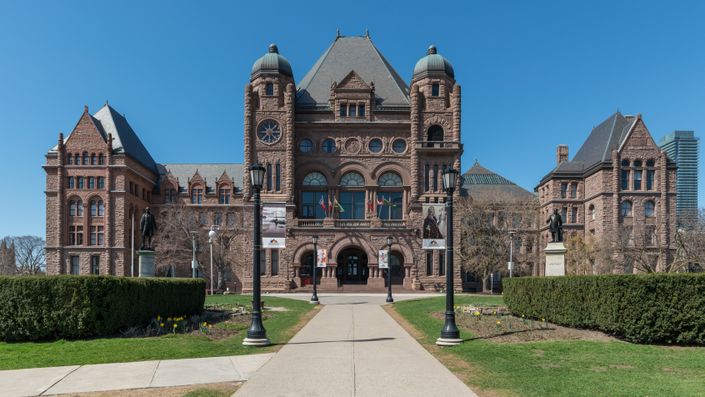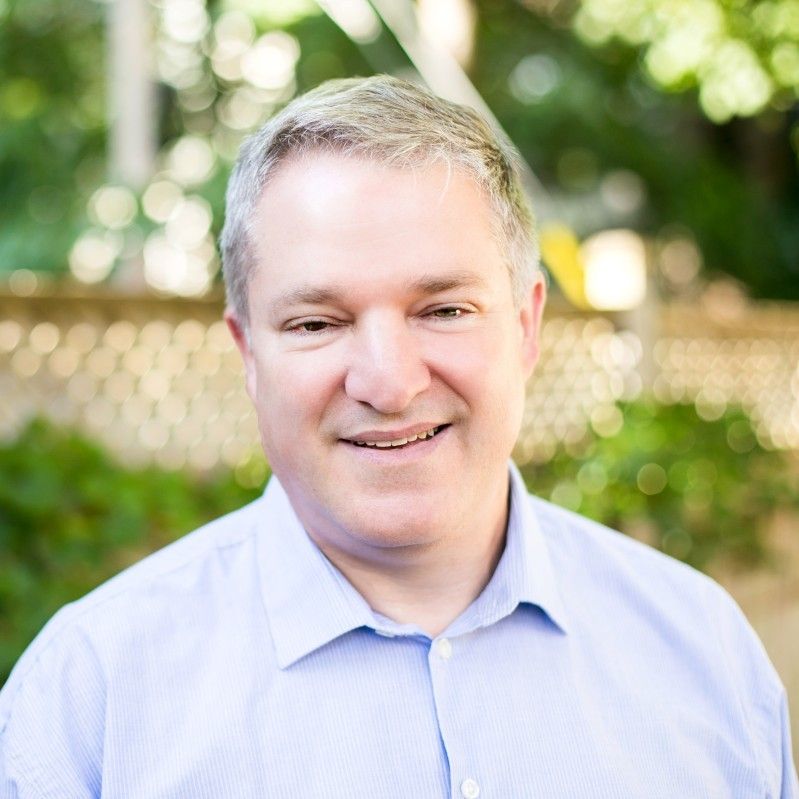
Ontario not-for-profit corporations dealing with ONCA
If you are an Ontario not-for-profit corporation you have to deal with the changes under ONCA and you have a number of options
Enroll in Course
The Ontario Not-for-Profit Corporations Act (“ONCA”) came into force on October 19, 2021, and it replaced the Ontario Corporations Act (“OCA”). There was a three-year transition period that started when ONCA came in, and that is now over. In this updated course, we discuss how Ontario non-profits can deal with ONCA. This course was delivered by charity lawyer, Mark Blumberg on April 22, 2025
This course is focused on Ontario non-profits who have not made changes to their governing documents, including letters patent and by-laws. Unfortunately, at the moment this is the majority of Ontario non-profits!
Many Ontario corporations have not changed their governing documents in decades, and this failure to act can have a number of negative impacts depending on the organization, how it is funded and how it operates.
Some Ontario non-profit corporations may choose to update their governing documents and stay under ONCA with new articles and by-laws, while others may move from Ontario to the Federal Canada Not-for-profit Corporations Act (“CNCA”).
Some Ontario non-profits are charities or registered, and therefore, the complexity and the amount of time required to obtain regulatory approvals are far greater.
In this presentation, we discuss:
- How an Ontario non-profit can update its governing documents to bring them into compliance with ONCA and also basic good governance; and
- Some of the advantages and disadvantages of an Ontario non-profit moving from the Ontario jurisdiction to the Federal jurisdiction.
Here is an overview of the topics covered:
- What is your non-profit?
- What is ONCA
- How is it different than the CNCA?
- Big picture
- Questions to Prepare
- The Ontario Business Registry and Company Keys
- Recent Changes and end of the three-year transition period
- Option 1 – Update governing documents and stay under ONCA
- Option 2 – Moving from Ontario to Federal CNCA
- Charities and Registered Charities
- Resources on ONCA
- Brief Overview of ONCA
This course is for Ontario non-profit corporations formerly under the Ontario Corporations Act ("OCA") and now under the Ontario Not-For-Profit Corporations Act ("ONCA"). It is not intended for groups that are under the Canada Not-for-profit Corporations Act (“CNCA”) or other provincial non-profit acts.
For lawyers, this event qualifies for 2 hours of Law Society of Ontario (LSO) Substantive Hours but does not qualify for Professionalism Hours. It may also qualify for 2 hours of continuing education for some other professional advisors.
To find out more about legal services that Blumbergs provides to Canadian charities and non-profits please visit www.CanadianCharityLaw.ca, or www.CharityData.ca
Your Instructor

Mark Blumberg is a lawyer at the law firm Blumbergs Professional Corporation (Blumbergs) in Toronto and works almost exclusively advising non-profits and registered charities on their work in Canada and abroad. Mark has written numerous articles, is a frequent speaker on legal issues involving charity and not-for-profit law. He is the editor of a blog, www.CanadianCharityLaw.ca, and created the largest portal of data on the Canadian charity sector, www.CharityData.ca Mark also edits www.SmartGiving.ca, which provides information on due diligence when selecting charities.
Mark is particularly interested in the regulation of non-profits and charities in Canada, philanthropy, transparency requirements for the voluntary sector, providing accessible information on regulatory issues, and the use of data to make more informed decisions on the charity sector.
Mark is quoted regularly in print media and frequently appears on radio and television on topics relating to philanthropy and the regulation of charities in Canada. Mark has also appeared on a number of occasions in front of the House of Commons Standing Committee on Finance on topics such as charity regulation, transparency, accountability and tax incentives for philanthropy. Mark has testified at the Special Senate Committee on the Charitable Sector, the Standing Senate Committee on National Finance and the House Committee on Access to Information, Privacy and Ethics.
Mark has also made presentations to the Charities Directorate Annual All Staff Meeting as well the Annual Divisional Staff Meeting of the Determinations Section of Charities Directorate. Mark presented to the Financial Action Task Force (FATF) when the FATF conducted an evaluation of anti-money laundering and counter-terrorism in Canada in 2015.
Mark sat for 4 years on the Charities Directorate Technical Issues Working Group, which is a bi-annual meeting between the Charities Directorate, the Department of Finance and the charity sector to discuss technical and policy issues pertaining to registered charities and the Income Tax Act (Canada). Mark is a member of the Exempt Organizations Committee of the American Bar Association. Mark spent 6 years on the Advisory Committee for the Master of Philanthropy and Nonprofit Leadership (MPNL) at Carleton University. Mark is on the Board of the Canadian Charity Law Association.
Mark has co-authored 20 Questions Directors of Not-for-Profit Organizations Should Ask About Mergers (Published by CPA Canada) and co-wrote a chapter on International Trends in Government-Nonprofit Relations: Constancy, Change, and Contradictions in Non-profits and Government: Collaboration and Conflict in Non-profits and government: collaboration and conflict (Edited by Elizabeth T Boris and C Eugene Steuerle)
Mark frequently lectures to various industry and professional groups on charity compliance issues including the Chartered Professional Accountants Canada (CPA Canada), as well as CPA Ontario, BC and Alberta, the Canadian Bar Association, Ontario Bar Association, Canadian Association of Gift Planners, Association of Fundraising Professionals, Ontario Hospital Association, Ontario Non-profit Network, and many other organizations.
Mark has a B.A. in Political Science from the University of Toronto, an LLB from the University of British Columbia and an LLM from Osgoode Hall Law School in Tax Law.
